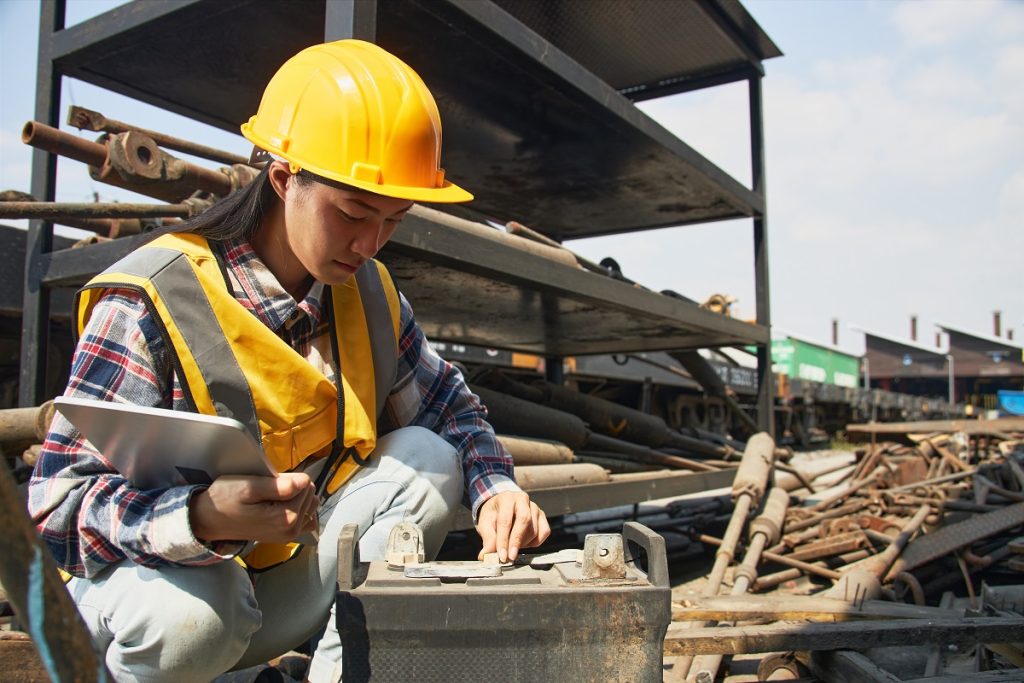- CSR in construction involves ethical, social, and environmental responsibilities beyond profit, contributing positively to society.
- Framework development, environmental protection, and waste management are key elements of a robust CSR strategy.
- Investing in employee well-being and development and community engagement are integral to CSR efforts.
- Measuring CSR impact helps evaluate effectiveness, guide necessary adjustments, and confirm tangible benefits.
As a construction business owner, it’s undeniable that your company plays a significant role in shaping and impacting communities around you. From new roads and buildings to modern urban development and infrastructure, your business is instrumental in creating the spaces that we live and work in. As such, it is important to understand and embrace the concept of Corporate Social Responsibility (CSR).
So what is CSR, and why is it important for your business? Essentially, CSR refers to the ethical, social, and environmental responsibilities that businesses should undertake beyond just profit-making. In simple terms, it’s about giving back and contributing positively to the communities that your company operates in. This blog will delve into a few things you need to know about CSR and how you can successfully implement CSR in your construction business.
Building A Solid CSR Framework
The first step towards embracing CSR in your construction business is creating a framework that outlines your priorities, values, and objectives. This framework will help guide your business as you develop CSR strategies.
It’s important to consider your stakeholders, including employees, clients, partners, vendors, communities, government stakeholders, and the environment. Developing a comprehensive framework that recognizes all stakeholders is good for your business because it creates a sense of accountability.
Protecting The Environment
One of the most significant contributions you can make is reducing the environmental impact of your business activities. This can be achieved in many ways. Here are four examples:
Energy-Efficient Practices
Energy-efficient practices can help reduce your business’s carbon footprint. It can be as simple as switching to energy-efficient lighting or installing solar panels on your building’s roof.
Sustainable Materials
Construction projects often require large amounts of materials such as concrete, steel, and wood. These materials have a significant impact on the environment due to their production processes. As such, it is essential to consider using sustainable materials, such as recycled steel and responsibly sourced wood, to minimize your business’s environmental impact.
Recycling And Waste Management
Construction projects also produce a considerable amount of waste. Implementing effective recycling and waste management practices can significantly reduce the amount of waste sent to landfills and help protect the environment.
Erosion Control
Construction sites can cause significant erosion and sedimentation, which can harm nearby water bodies. Implementing proper erosion control measures through SWPPP (Stormwater Pollution Prevention Plan) can help minimize this impact and protect the environment. Erosion control also helps to comply with environmental regulations, which can prevent costly fines and penalties.
By making a conscious effort to protect the environment, your business will be viewed positively by stakeholders, and you can also reduce operational costs while enhancing your brand.
Investing In Your Employees

As part of your CSR efforts, it’s also important to invest in your employees. This can include opportunities for professional development, health promotion initiatives, flexible working arrangements, and inclusive hiring policies.
These initiatives can foster a positive work culture and help your employees feel valued and recognized for their contributions. This can lead to increased motivation, productivity, and loyalty, which can ultimately benefit your business.
Giving Back To The Community
As part of your CSR strategy, it’s important to consider how your business can give back to the community. This can be through sponsoring local community programs, participating in charity drives, providing mentorship to young professionals, or creating job opportunities in disadvantaged communities.
When your business is viewed as an active participant in the community, it will help enhance your reputation as a socially responsible organization and will attract more stakeholders to associate with your brand.
Measuring Your Impact
Finally, measuring the impact of your CSR activities is critical in order to understand if your efforts have any tangible benefits. This can be done through monitoring your business’s environmental footprint, analyzing your employee engagement levels, and tracking social impact initiatives. Through measurement, you’ll be able to determine the effectiveness of your CSR initiatives and take corrective action if necessary.
Corporate Social Responsibility (CSR) is not just an optional add-on for your construction business but rather an integral part of its operational fabric. Implementing a robust CSR strategy can yield multipronged benefits, including enhanced brand reputation, cost savings, stronger stakeholder relationships, and a significant positive impact on the environment and society.
While the journey towards fully integrating CSR into your business operations might seem challenging, the benefits that await are worth the effort and commitment. Remember, your construction business does not exist in isolation – it’s part of a larger community. Embrace this, and watch as your business grows in success and contributes to a sustainable future.
